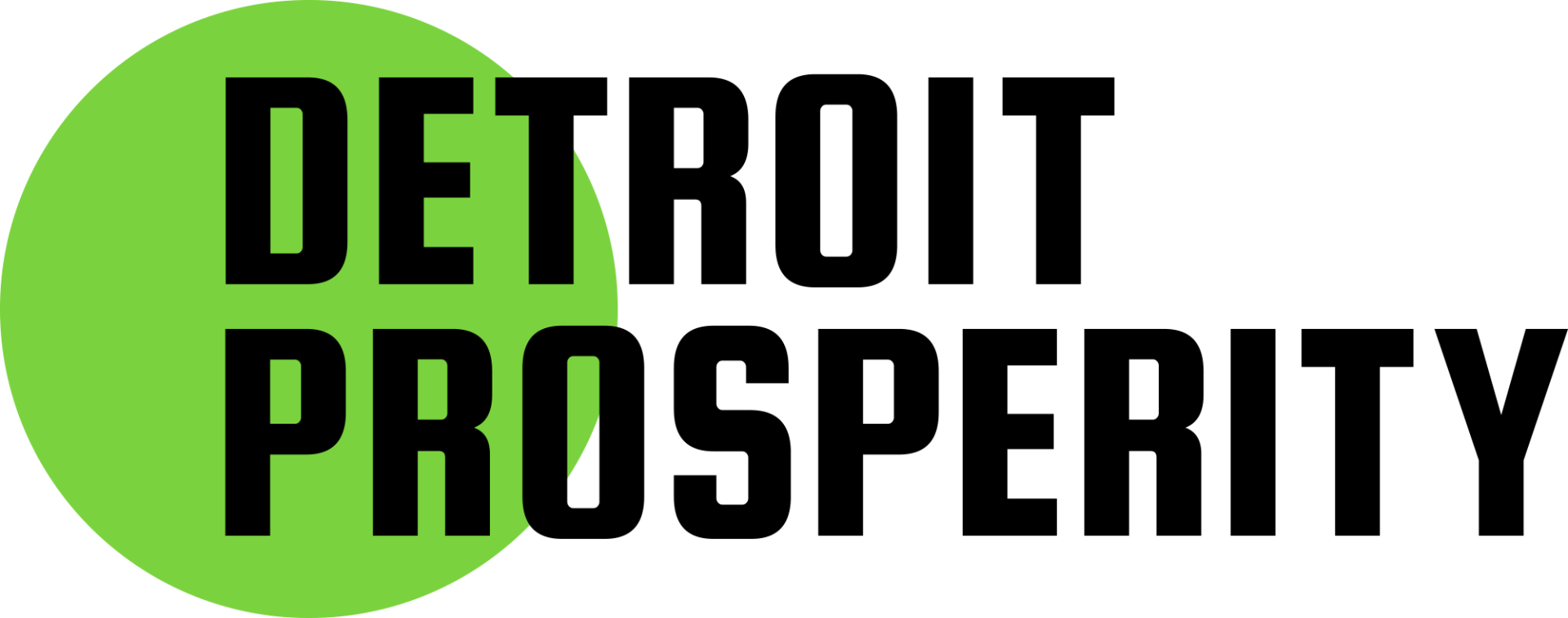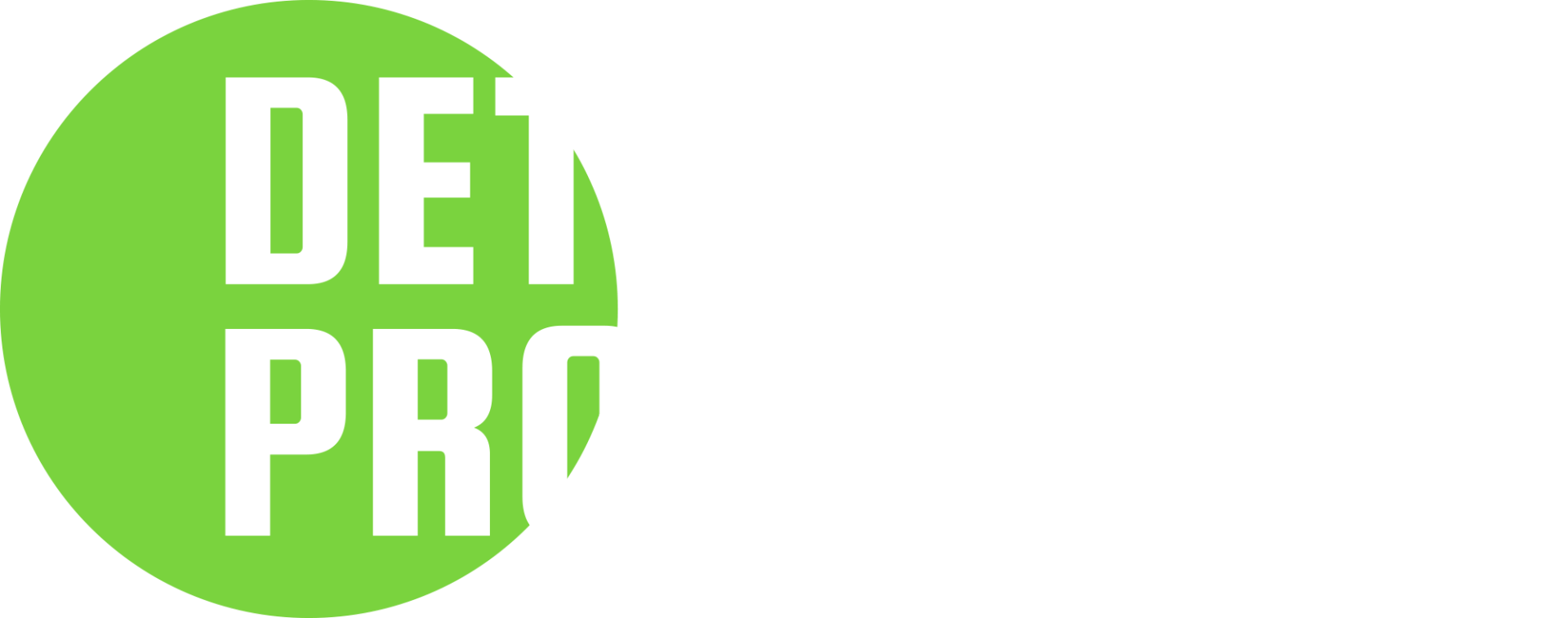Detroit is in the midst of a resurgence that can set an example for other cities across America that have also suffered from severe economic downturns and disinvestment, social divisions, and corrupt and ineffective government. An active downtown with new development, jobs, and residents has shown a resurgence.
But despite these improvements, serious challenges persist. Half of Detroiters suffer from illiteracy, and only seven percent of middle schoolers are proficient in reading. Parents send 26,000 children outside of Detroit each day in hopes of a better education. Detroit continues to top the FBI’s list of most dangerous cities. One in three Detroiters are considered “food insecure” and 42 percent of people are on food stamps. High property taxes have caused thousands of Detroiters to lose their homes. City-specific income taxes incentivize 70 percent of Detroiters to leave the city for work each day and new Detroiters to claim outside residency to avoid paying.
Poor policymaking has failed to remedy these and other challenges. And a steady stream of scandals has continued to undermine public trust in government.
We wish it weren’t so.
We're working to craft innovative policy ideas to help foster economic prosperity, individual prosperity, and an accountable government.

